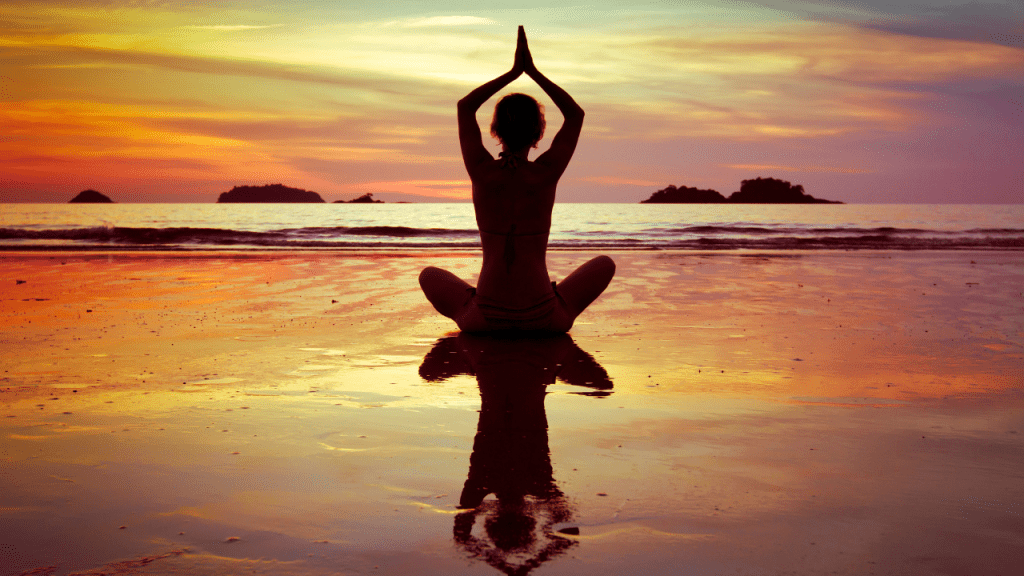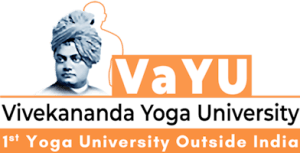Cancer is a life-altering journey that can leave physical, mental, and emotional scars. For survivors, the path to recovery extends beyond the final treatment, demanding resilience, hope, and self-compassion. Yoga provides a gentle, yet transformative path toward healing, encouraging survivors to reconnect with themselves and embrace life anew.
Yoga as a Path to Reclaiming Body and Mind

Yoga is often described as a practice of unity, bringing together the mind, body, and spirit. For cancer survivors, this unity is especially meaningful, helping them reconnect with their bodies, find inner peace, and reclaim their strength. Research shows that yoga can enhance quality of life for cancer survivors, improving physical functioning and reducing fatigue and stress, according to a study published in Cancer Nursing.
For many, the journey through cancer treatment leads to a sense of physical disconnection or distrust, as medical interventions can create a loss of control. Through mindful movement, yoga helps survivors rebuild their relationship with their bodies. Gentle poses and sequences, such as Mountain Pose (Tadasana) and Child Pose (Balasana) allow survivors to move at their own pace, fostering a sense of gratitude and acceptance. Research from the International Journal of Yoga shows that yoga can significantly improve body image and self-esteem among cancer survivors, promoting positive physical and emotional connections.
Physical Benefits of Yoga for Cancer Survivors
The physical benefits of yoga extend far beyond flexibility and strength. For cancer survivors, yoga helps alleviate treatment side effects like fatigue, pain, and inflammation. According to research from Oncologists, practicing yoga can reduce chronic pain and improve energy levels in survivors, enhancing overall physical well-being. Poses like Legs Up the Wall (Viparit Karani) support relaxation and circulation, while Bridge Pose (Setu Bandhasana) opens the chest, supporting deeper breathing and relaxation.
For many, Warrior Pose (Virabhadrasana I and II) become symbols of resilience and courage, embodying the inner strength needed to face life after cancer. Gentle breathing practices, like Ocean Breathing (Ujjayi) and Alternate Nostril Breathing (Nadi Shodhana), reduce stress and anxiety, promoting a sense of calm and grounding.
Emotional and Mental Healing Through Yoga

Beyond the physical, yoga nurtures emotional and mental healing, which are essential for survivors processing the trauma of cancer. Breathing techniques and meditation calm the nervous system, enhancing focus and reducing anxiety. Research from Psycho-Oncology suggests that yoga practices can lower cortisol levels and help regulate the stress response, leading to reduced anxiety and improved emotional resilience.
Mindfulness and meditation are especially beneficial, offering tools to manage fear, grief, and uncertainty about the future. Techniques such as Loving-Kindness Meditation (Metta) and Mindfulness Meditation create a space for survivors to cultivate compassion, process emotions, and find hope. For many, yoga provides a powerful outlet for emotional healing, offering peace and acceptance in a safe, supportive environment.
Holistic Practices for Enhanced Healing
Additional aspects of yoga, like mudras, bandhas, and cleansing techniques, offer holistic support for cancer survivors. Mudras, such as Gesture of Knowledge (Gyan Mudra) and Life Force Gesture (Prana Mudra), focus energy and enhance mental clarity, while gentle bandhas, like Root Lock (Mula Bandha), provide stability and grounding. Simple cleansing techniques, such as Nasal Cleansing (Jala Neti), can help ease respiratory discomfort, which is beneficial for those recovering from treatments that impact the lungs.
According to a review in the Journal of Ayurveda and Integrative Medicine, incorporating mudras, bandhas, and cleansing techniques can help survivors maintain better respiratory health and improve energy levels, complementing traditional physical practices. Meditative practices like Guided Visualization allow survivors to envision healing and restoration, further promoting a sense of wholeness and vitality.
Yoga as a Supportive Tool for Cancer Education and Prevention
If you are interested in learning more about how yoga supports recovery and overall wellness, consider exploring the online master’s and PhD programs at Vivekananda Yoga University. These programs provide in-depth knowledge on yoga’s therapeutic benefits, blending ancient wisdom with modern research to create a comprehensive approach to health. Studies in Integrative Cancer Therapies indicate that yoga-based educational programs can offer valuable insights into cancer prevention, supporting holistic healing through evidence-based approaches.
Yoga serves as a profound companion for cancer survivors, offering tools to rebuild physical strength, foster emotional resilience, and cultivate inner peace. By embracing gentle movements, breathwork, and mindfulness, survivors reconnect with themselves, find healing, and approach life with renewed hope. For those interested in deepening their understanding of yoga’s benefits, Vivekananda Yoga University’s programs provide an inspiring opportunity to explore therapeutic practices with expert guidance, empowering survivors on their journey to holistic health and wellness.
